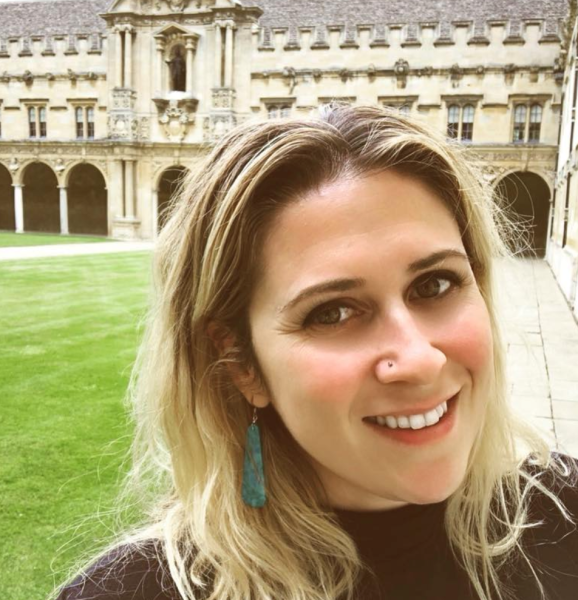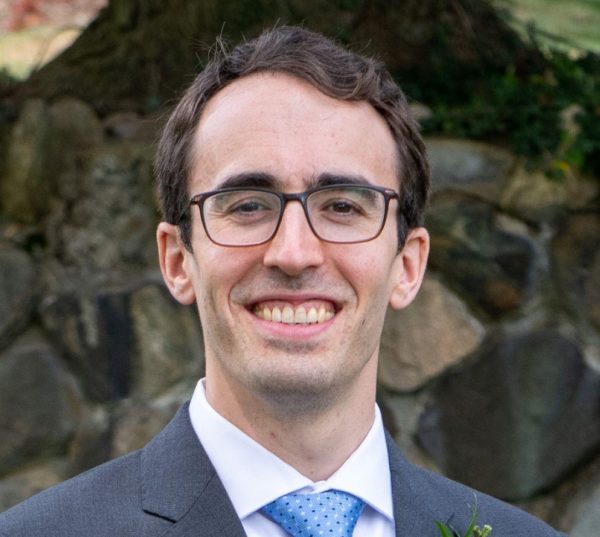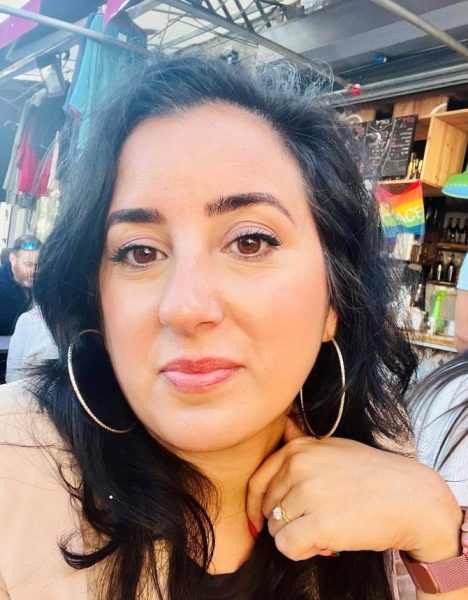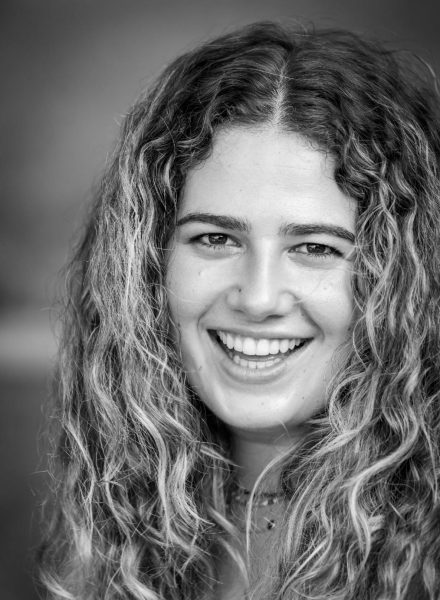Two Years In: The Scoop on Literary Seminar
Ramaz has a reputation for giving students the opportunity to learn at the speed and depth appropriate for them, one which the English department underscored in 2017 when they created a new track for students looking for a more intensive, discussion-based literary experience.
In the years before, students were assigned to English classes randomly. Some students felt disadvantaged, complaining that stronger students occasionally received the reputedly “easier” teacher. However, English classes remained untracked; as Dr. Milowitz, head of the English department, said, “there is value to a heterogeneous English class. It generally leads to good discussions.” On the other hand, Dr. Milowitz does agree that “there are some who work better in an advanced group,” so in 2017, the first Literary Seminar was created.
This class is offered to tenth and eleventh graders who wish to be in a more advanced English class. Tenth grade literary seminar is taught by Dr. Gaylord, and eleventh graders are instructed by Ms. Litwack. To join the class, ninth graders must be recommended by their English teacher. Selected students receive an email notifying them of their acceptance, but they can decline and remain in the mainstream track if they so choose. According to the email sent out to recommended ninth graders, “The class [focuses] on interpreting and analyzing literature, writing literature essays, and writing creatively.” Participating students may read additional books, will sometimes be graded with a harsher standard, and generally move at a quicker pace through material with a special emphasis on discussion-based classes.
Dr. Milowitz feels that a main difference between literary seminar and the regular class is that “The [literary seminar] students are self-motivated and choose to do the harder class.” Ms. Litwack feels she teaches the class differently than the regular track. “Some students want to work at a higher level before senior year,” adds Ms. Litwack. “I assume that everyone loves to read, wants to be reading, and understands the reading. [The students] sometimes read more critical writing, too.”
Overall, the tracked program has been a success. Despite the small junior literary seminar last year with only seven kids, numbers for the sophomore and junior seminars this year have reached 13 and 16, respectively, a sizeable amount for an English class. Dr. Milowitz has found that taking out the advanced students has “enhanced the rest of the English classes,” enabling him to give his regular groups the chance to focus on technical issues of writing. He also found that it gives shy students an opportunity to raise their hand in class. Many students in the regular track agree. “I feel like I can express my opinions without being judged by kids who are now in literary seminar. I was much more quiet in ninth grade with them in my English class,” said a junior who wished to remain anonymous.
“Intriguing,” “thought-provoking,” and “controversial” are all words students used to describe the new track. Maya Hoff ’20, in her second year of literary seminar, said, “Some parts are a little hard to get used to, but we get some great conversations and I really enjoy it.”
Even after just a few classes, tenth graders find the course to be an exciting new challenge. The overall view is that the class spends much more time exploring the meaning behind the text, rather than simply understanding it. Sophia Rein ’21 said, “[It is] definitely a much more discussion based class, which is very interesting and insightful.” Akiva Shlomovitz ’21 agreed, saying, “I see a big difference [between ninth grade English and tenth grade literary seminar]. The conversations are better because the class is filled with more mature kids who enjoy and care about the subject.” Samantha Sinensky ’21 feels that “Dr. Gaylord’s quirkiness and passion for English [make] me look forward to his class everyday.”
Still, some students wish the course had the college transcript title “Honors English” rather than “Literary Seminar.” Students can explain on their applications that it is a higher level class, or a literary seminar teacher can write a recommendation for them explaining the criteria of the class, but these attempts to explain could potentially be overlooked. Eleven out of the thirteen sophomores in the literary seminar class wished that it was called Honors English. Rein ’21 explained, “I attend the class to learn and improve my writing skills; however, I feel that if a student is taking a class on an honors track, they deserve the recognition on their transcript.”
Dr. Milowitz disagrees, saying, “The class is not about what’s on your report card.” “The class is not about what’s on your report card.” — Dr. Milowitz
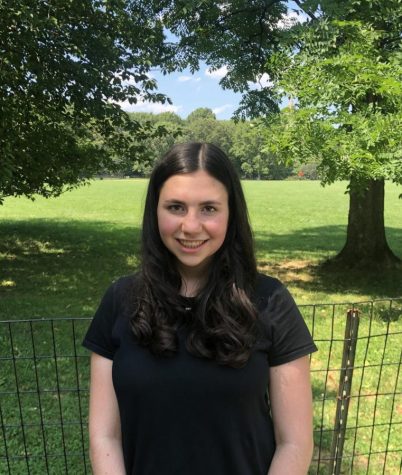
Rebecca Massel has been a journalist since lower school and is excited to be an editor-in-chief of The Rampage. She has been an active writer for the paper...


